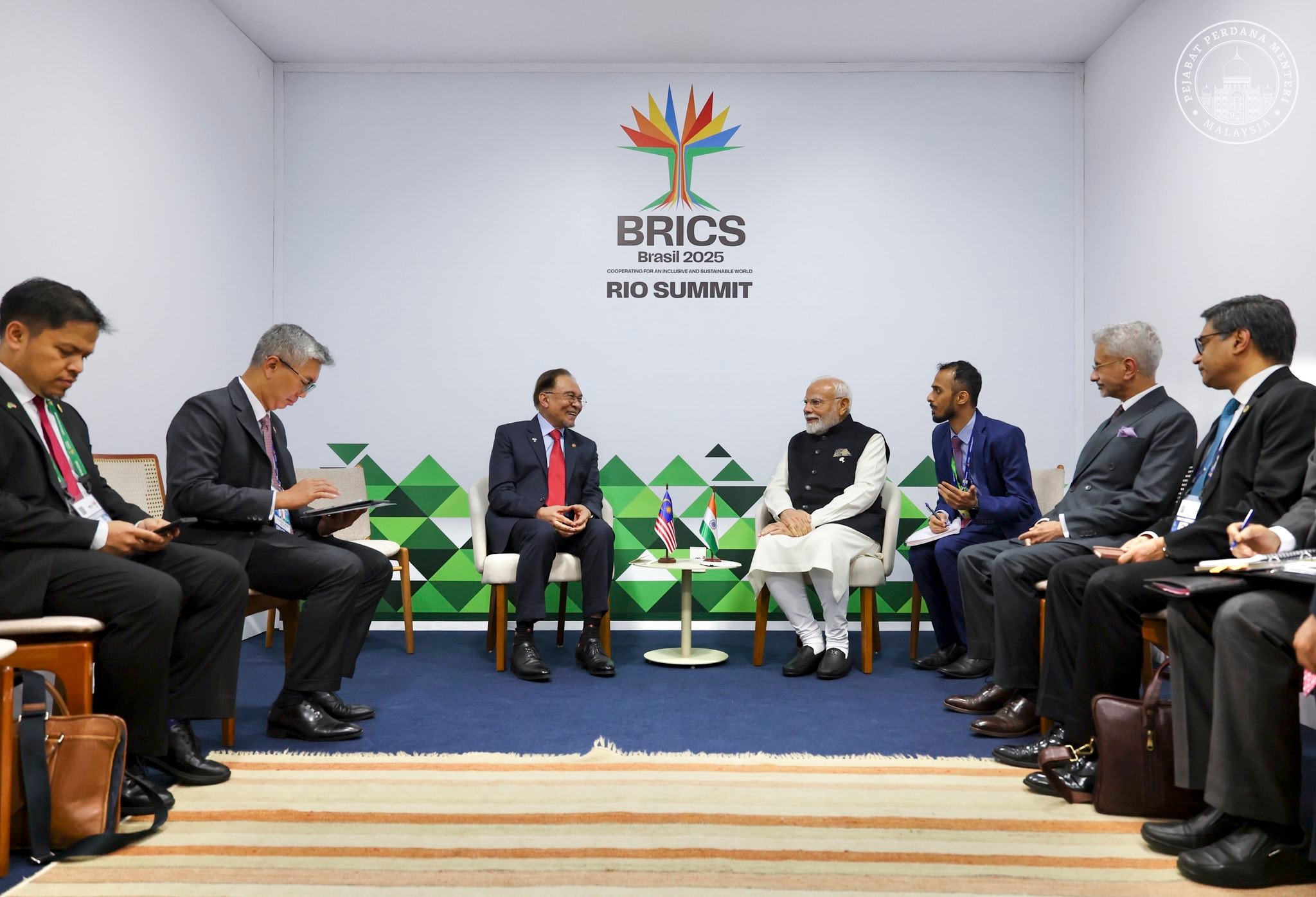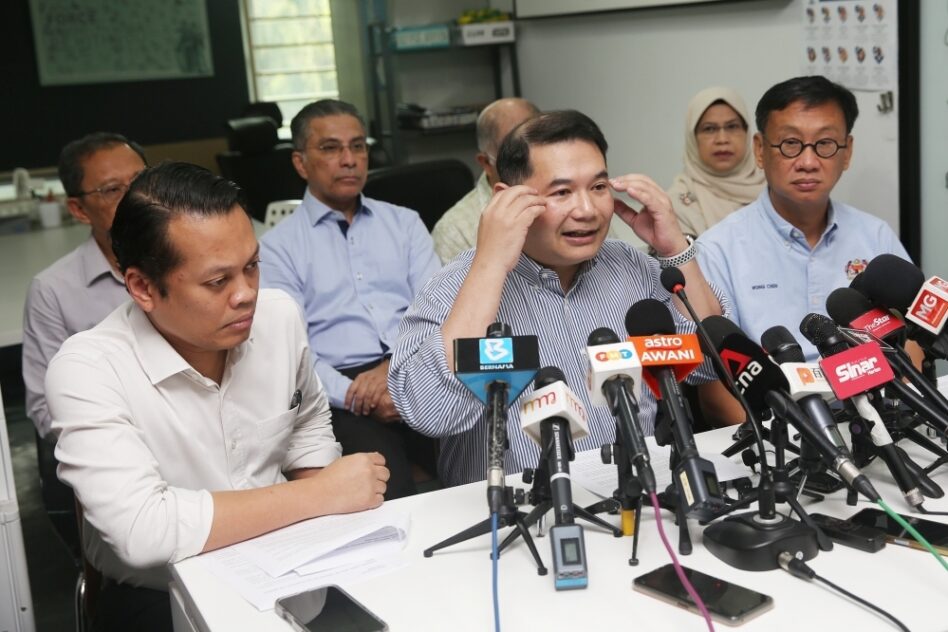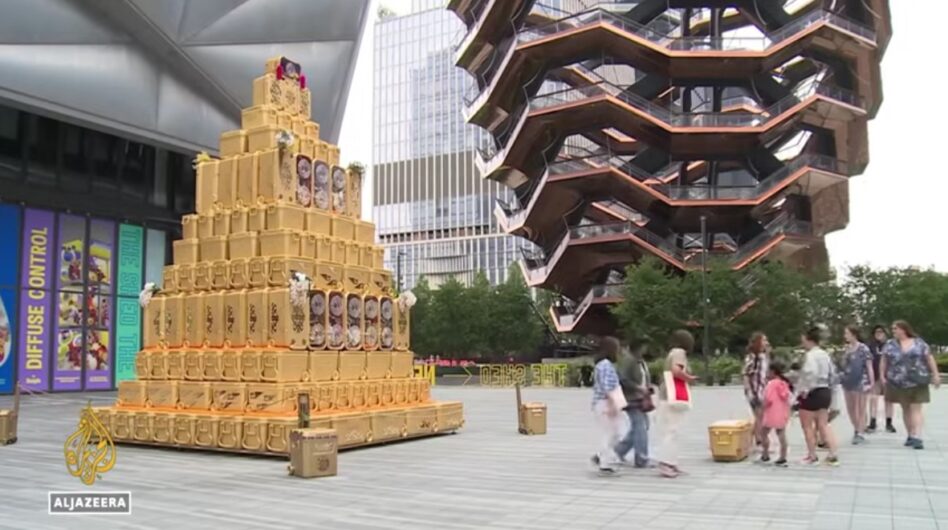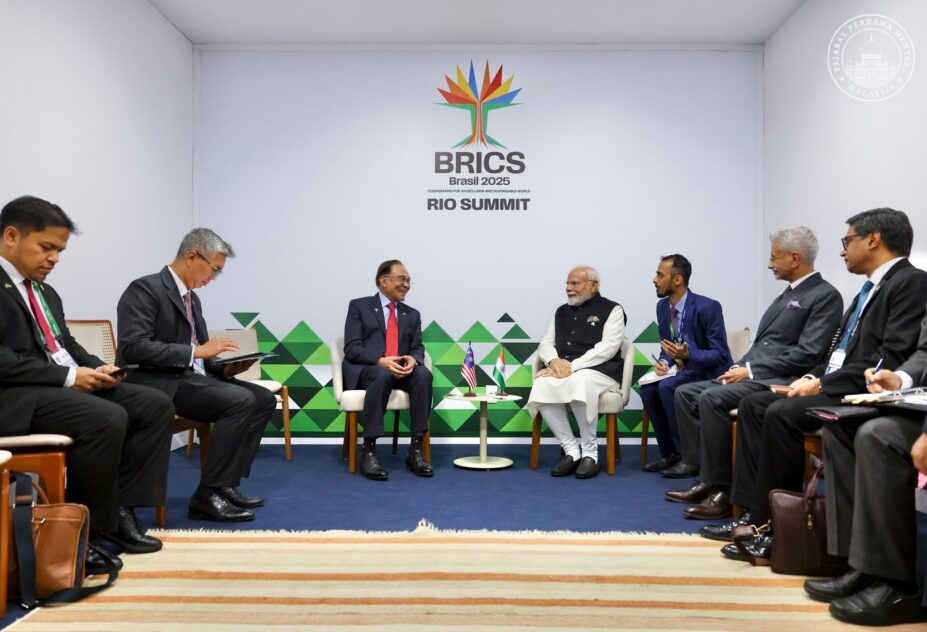THERE are growing concerns over whether the Madani government – an uneasy alliance between Pakatan Harapan (PH), Barisan Nasional (BN) and East Malaysian political coalitions – can sustain itself through a full electoral term, let alone beyond.
Headed by Prime Minister Datuk Seri Anwar Ibrahim, the government is increasingly seen as struggling to live up to its reformist promises.
The idea of it extending its tenure beyond this term appears increasingly remote. What are the reasons behind this deepening unpopularity?
Firstly, despite grand pronouncements, Anwar’s administration has largely failed to initiate the institutional and structural reforms once promised.
Piecemeal or cosmetic changes are no substitute for the substantive transformation the public expected. Reform has become a diluted term, often used to mask inaction or minimal effort.
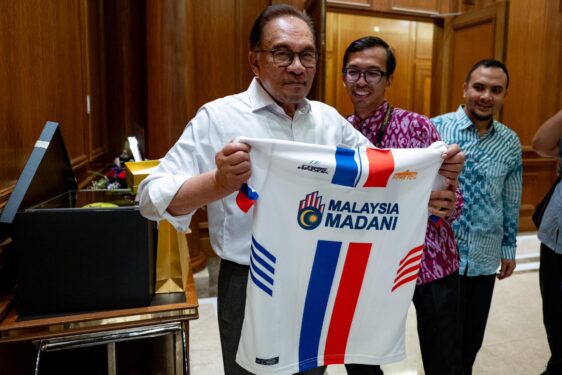
Secondly, the “Reformasi” movement – once a rallying cry for justice and transparency – appears to have been co-opted for electoral gains.
Now in power, PH’s commitment to reform seems more rhetorical than real. The moral fire that once defined the movement has dimmed, only to b replaced by political expediency.
Madani set-up in shambles
Thirdly, Anwar’s government was formed through a precarious coalition with BN and regional parties.
However, he has failed to persuade key partners – particularly UMNO – of the urgency of national reforms. Leveraging the outdated BN framework, UMNO is focused more on reclaiming its past dominance than supporting structural change.
Fourthly, the political coalitions from Sabah and Sarawak have their own definitions of reform, largely tied to state rights and autonomy rather than national transformation. Their goals rarely align with those of PH, hence making cohesive reform efforts nearly impossible.
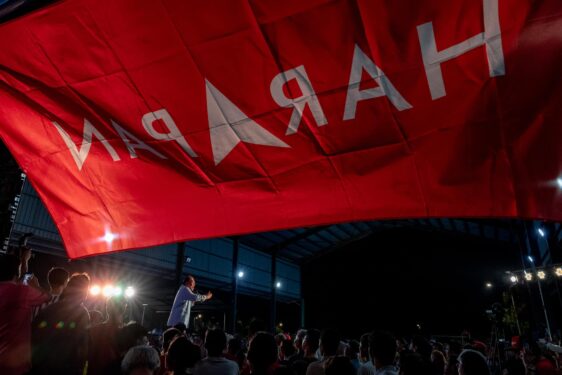
Fifthly, the absence of a shared understanding of what reforms are necessary is a fundamental problem. What PH envisions as reform is not necessarily what BN or East Malaysian parties deem important. This lack of consensus has led to policy paralysis.
Sixthly, Anwar should have anticipated that leading such a diverse and often contradictory coalition would complicate any reform agenda. The reality of governing such a disparate group has proven far more difficult than the idealism projected while in opposition.
Seventhly, Anwar as PM lacks the strategic clarity and political capital required to implement reforms. It was easier to advocate for change from the opposition benches than to navigate the constraints of governance. Even if sincere, he cannot galvanise his partners into action.
Eighthly, UMNO despite holding fewer parliamentary seats wields disproportionate influence in the unity government. As the sole Malay party providing political legitimacy, it can dictate terms. This has effectively hamstrung reform, creating a situation of political inertia.
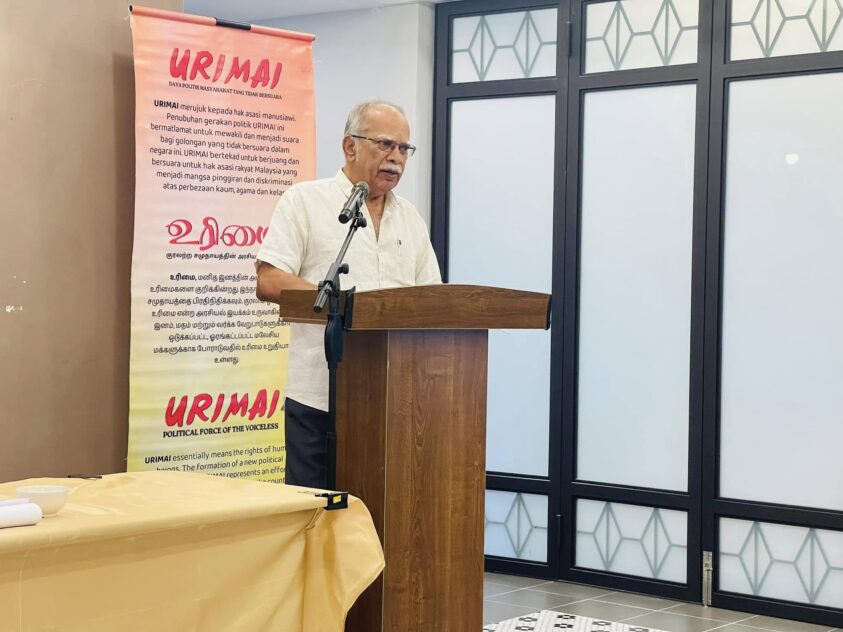
Ninthly, the government’s unpopularity is not just due to unmet reform promises. Ordinary Malaysians are struggling with rising costs, new taxes and stagnant wages.
While Anwar boasts of billions in foreign direct investment (FDIs), the public sees little tangible benefit – prompting twice former premier Tun Dr Mahathir Mohamad referencing that as “invisible” investments.
Tenthly, there is a growing disconnect between Anwar’s international image and his domestic actions.
While presenting himself as a liberal to the West, his domestic politics are often framed through ethnic and religious lenses. For Chinese and Indian communities, his concern appears limited to securing their votes rather than addressing their concerns.
In essence, the Madani government – once held up as a symbol of reform and unity – is faltering under the weight of its own contradictions.
Unless it re-discovers its reformist soul and forges a real consensus among coalition partners, its chances of surviving the full term – let alone securing a future mandate – remain bleak. – July 7, 2025
Former DAP stalwart and Penang chief minister II Prof Ramasamy Palanisamy is chairman of the United Rights of Malaysian Party (Urimai) interim council.
The views expressed are solely of the author and do not necessarily reflect those of Focus Malaysia.
Main image credit: Anwar Ibrahim/Facebook


